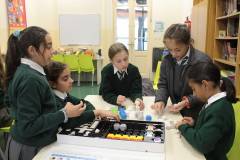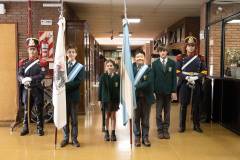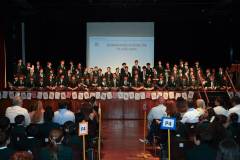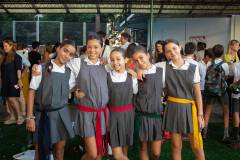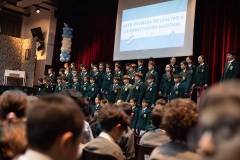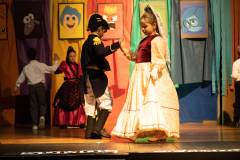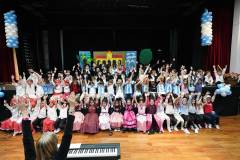Primary
Primary
An official and bilingual syllabus permits the harmonious integration of the contents in Primary school, and lays the foundations for the sustained development of linguistic competences (listening, speaking, reading and writing skills, plus new digital / media literacies) and of logical thought. It is a student-centered project that promotes the discovery of personal talents and interests, allowing each child to expand self-acknowledgement and a growing interest in others, while at the same time opening up to diverse realities. He /she is the true protagonist of the learning process.
Virtual and / or in-person exchanges are usually implemented with schools abroad, as well as blended learning experiences that foster both autonomy and collaborative work in a global scenario. The bases for the Primary School project are to be found in the pillars of the so-called BDS Model:
- Autonomy and self-regulation in learning, plus emotional / interpersonal and social development.
- A systematic work on spiritual and human values.
- Ever innovating methodologies, with ICT embedded into curricular development.
- Highly motivated and well-trained teaching professionals.
BDS has implemented the Cambridge International Primary Programme which grants an international standard in English, Mathematics and Science.
The workday is divided between English and Spanish. A wide scope of techniques, special projects and first-hand experiences foster a multidisciplinary approach to the topics and learning skills, and stimulate individual talents to their full potential. We believe discipline involves the internal and external order and enhances concentration and learning; yet the working atmosphere is particularly relaxed and joyful. Mistakes and iteration are part of the process of problem-solving and the application of creative design to projects developed in either language. Design is taken in its broadest meaning, as work methodology and a multimedia communication toolkit. Evaluation and feedback in general are seen as formative steps contributing to further learning.
There is a support team to deal with learning difficulties and the fluent communication between school and home. Personal and social attitudes are particularly monitored so that every child develops values of respect and tolerance towards himself and others, in all circumstances.
Mastery of the fundamental skills required for academic success in later years, a sense of confidence and a desire for knowledge, all embedded in strong humanistic values, round up the profile of the pre-adolescent finishing his or her Primary school.










